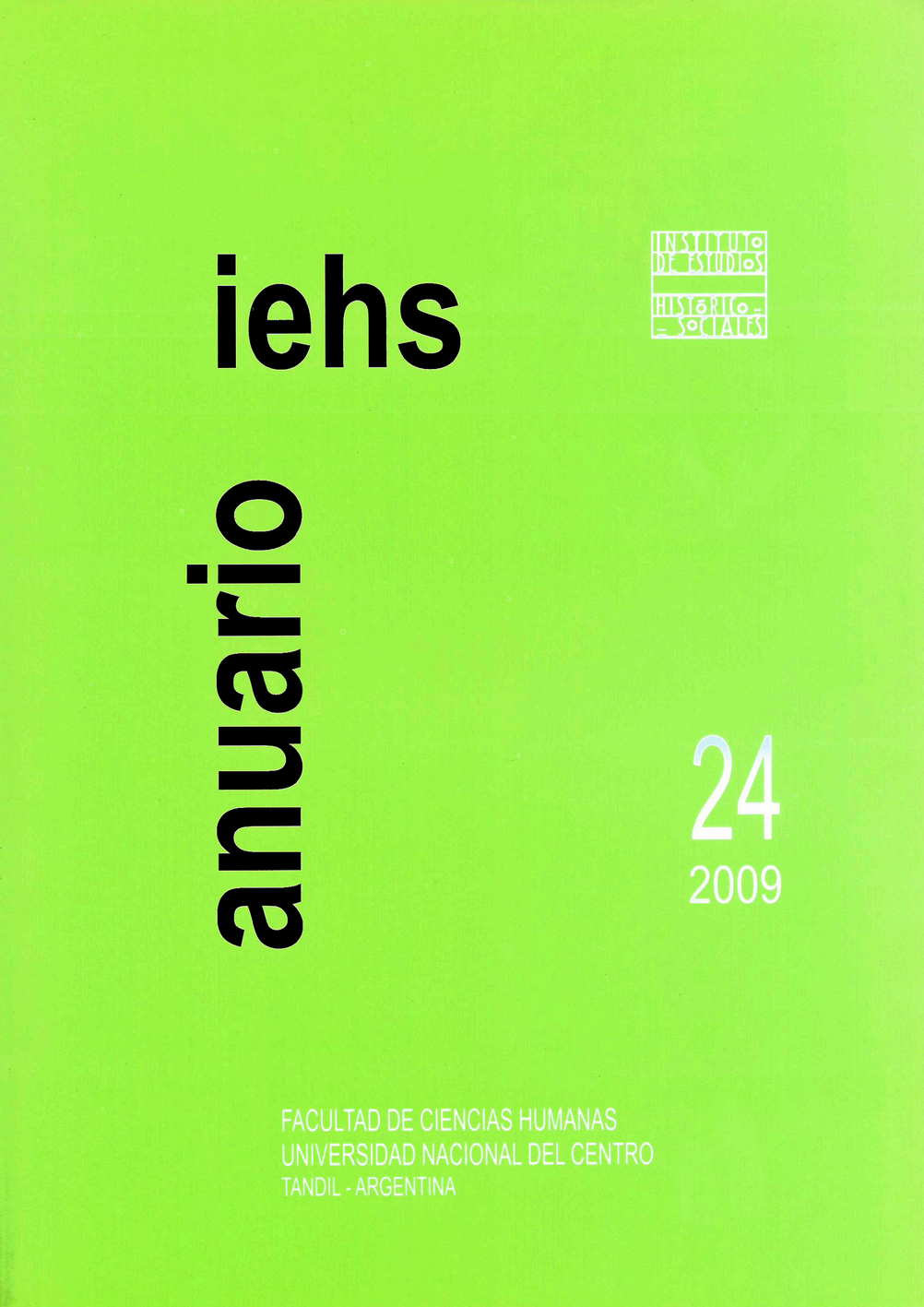Profetismo, política y neo-clericalismo en el Movimiento de Sacerdotes para el Tercer Mundo (MSTM) en Argentina
Keywords:
Church, Peronism, Argentina, Argentinian Revolution, Prophethood Movement of Priests for the Third World, Politics, Secularization, ClericalismAbstract
The aim of this article is to analyse the relationship between the prophetic conception of the sacerdotal function and the political action in the development and decline of MSTM. From a singular synthesis of the tradition of the Old and New Testament, the Priests for the Third World (MSTM) assumed a prophetic role which stressed its active profile in the public sphere to the detriment of the facets more attached to the ritual aspects of the sacerdotal practices. Paradoxicalally, the prophetic, suspicious and power-enemy denounciation, entailed the idea of “building the kingdom”, that is to say to enter the political scene with the aim of erecting a new order signed by liberation. Translated to the historical reality of the moment, this meant opposing the traditionalistic blockade of the Argentinian Revolution and even more: exhibiting the evils inherent to the way of capitalist production concluding that socialism “Perón’s way” was the inexorable passage that Argentine “people” had to follow. We consider that the initial prophetism of the MSTM vanished in political practices that identified itself more and more with the party policy at the same time that there was an accentuation on certain clericalist characteristics that this branch of liberationist Christianity had criticized. It was about, in any case, of a neo-clericalism that battled against a redefined enemy and rejected the autonomous character of religion and politics as it seemed to be demanded by a Church that had proposed a process of internal secularisation. We set out to explain the factors that enabled the displacement of the prophetic conception to the political action and, together with it, the emergence of a tense clericalism between tradition and revolution.
References
.
Downloads
Published
Issue
Section
License
Copyright (c) 2024 Anuario IEHS

This work is licensed under a Creative Commons Attribution-NonCommercial 4.0 International License.



